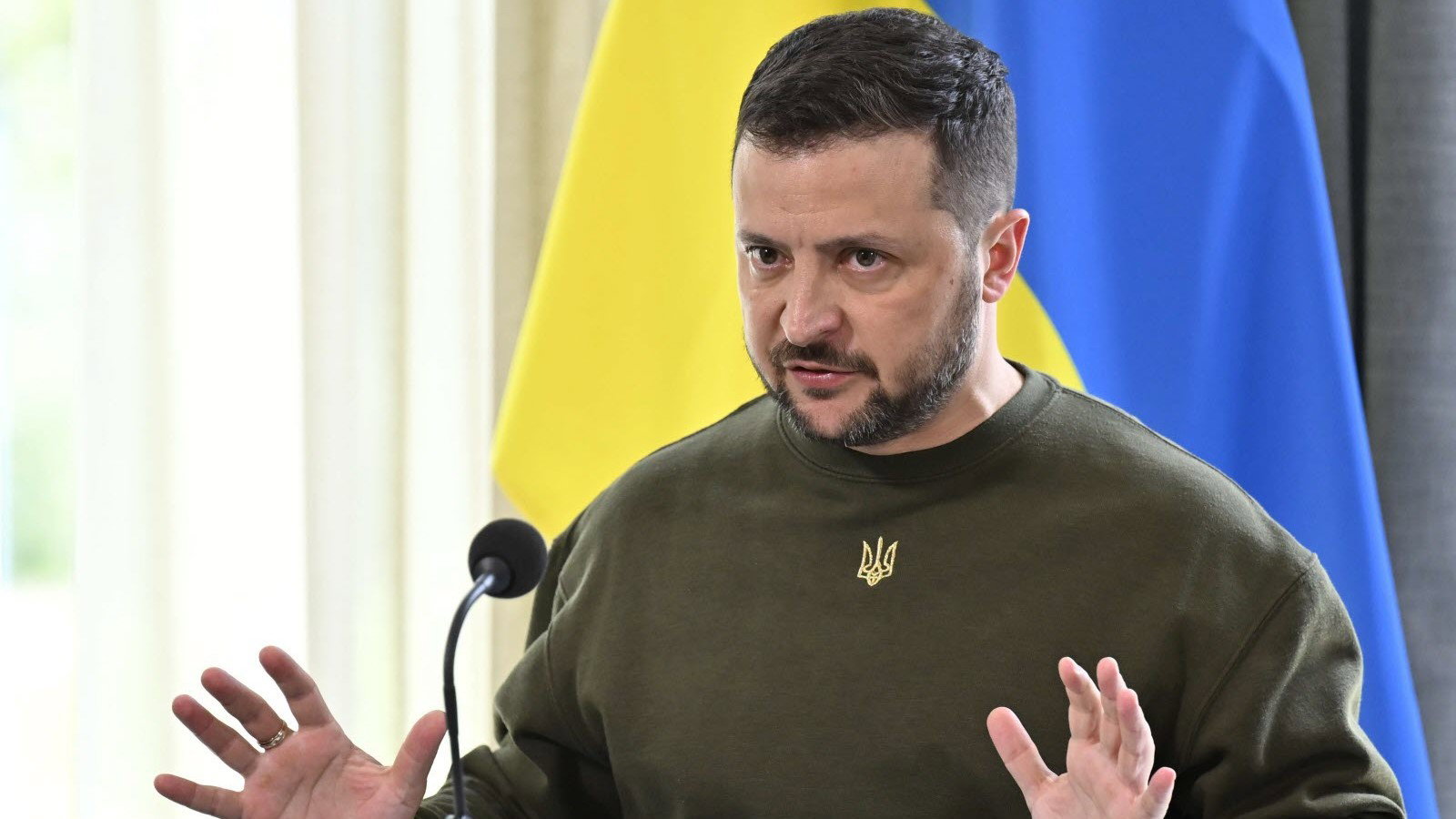Ukraine enacts sweeping gambling reforms, disbands regulatory body driven by corruption allegations

Ukrainian President Volodymyr Zelenskyy has signed into law a sweeping overhaul of the country’s gambling regulations, which includes the dissolution of the Commission for the Regulation of Gambling and Lotteries (KRAIL) by April 1, 2025.
The newly enacted legislation, Law No. 9256-d, aims to tighten oversight of the gambling industry through the establishment of a new regulatory authority.
The law, passed by Ukraine’s Verkhovna Rada in December 2024, replaces KRAIL with a "central executive body" responsible for implementing and enforcing state policies on gambling and lotteries. This change follows accusations of inefficiency and corruption within KRAIL, which has been under scrutiny since its creation in 2020, when gambling was legalized in Ukraine.
Under the new framework, the incoming authority will manage licensing, enforce compliance, and implement real-time monitoring systems to oversee gambling activities. It will also set clear protocols for player identification and draft regulations to encourage responsible gambling. These guidelines include mandatory breaks during gambling sessions, spending caps, and limits on playtime.
“The essence of the law is to reorganize the KRAIL and remove the human factor from the license issuance process,” stated Mykhailo Fedorov, Ukraine’s Deputy Prime Minister and Minister of Digital Transformation. Fedorov also talked about plans to digitize licenses and implement an online monitoring system for transparency and efficiency.
The restructuring of Ukraine’s gambling oversight comes in the wake of high-profile scandals involving KRAIL officials. In 2021, Yevhen Hetman, a KRAIL member, was detained by the National Anti-Corruption Bureau of Ukraine (NABU) for allegedly accepting a $90,000 bribe in exchange for issuing gambling permits.
More recently, KRAIL’s head, Ivan Rudyi, faced allegations of aiding a Russian-owned online casino and was accused of jeopardizing national security by allowing access to sensitive personal data of Ukrainian military personnel.
The legislation introduces a host of new restrictions to combat gambling addiction and curb illegal operations. Gambling advertisements are banned, except under strict conditions such as late-night broadcasts targeting audiences over 21. Promotions involving free bonuses, credit betting, and outreach through unsolicited messages or calls are also prohibited.
The law also addresses the financial aspects of the gambling industry. Gambling payments must now be made exclusively through bank accounts, with other payment methods banned. Gambling companies with tax or licensing arrears are ineligible for licenses, and foreign entities meeting specific criteria may apply for state lottery licenses.
Additionally, the law imposes stringent rules on sponsorships, excluding military personnel and public figures from promotional activities. Companies linked to entities in hostile nations are barred from obtaining licenses, with further restrictions on their brand usage.
The reform follows growing public concern over the social and economic impact of gambling. In March 2024, a petition led by Pavlo Petrychenko, a Ukrainian soldier, garnered over 26,000 signatures within a day, urging the president to address the harm caused by online casinos and gambling addiction.
In response, President Zelenskyy tasked various government bodies, including the Security Service and the Ministry of Digital Transformation, with assessing the gambling industry’s impact and proposing measures to address its challenges.















































